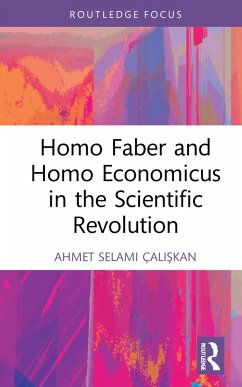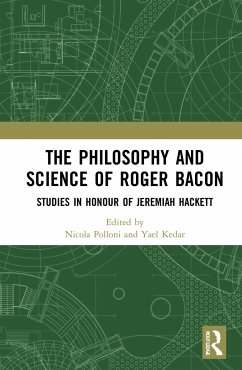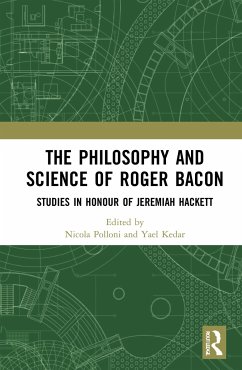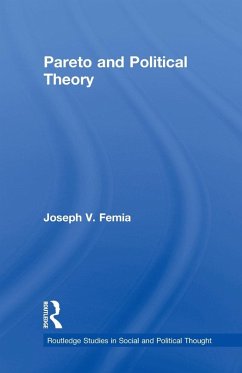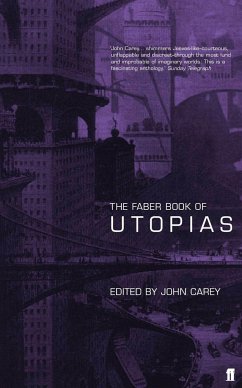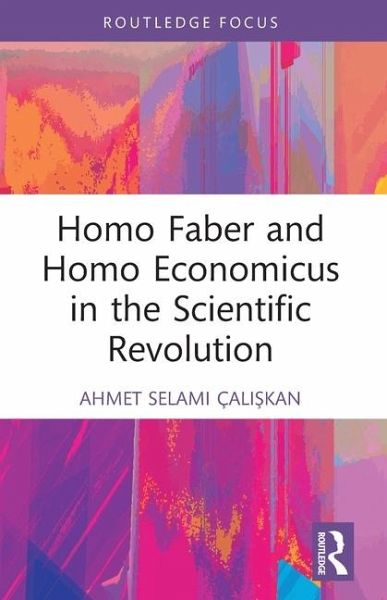
Homo Faber and Homo Economicus in the Scientific Revolution
Versandkostenfrei!
Versandfertig in 1-2 Wochen
29,99 €
inkl. MwSt.
Weitere Ausgaben:

PAYBACK Punkte
15 °P sammeln!
This book tells the story of how the "servile arts" turned into the "mechanical arts," which in turn developed into a kind of philosophical apparatus that made modern science possible.





